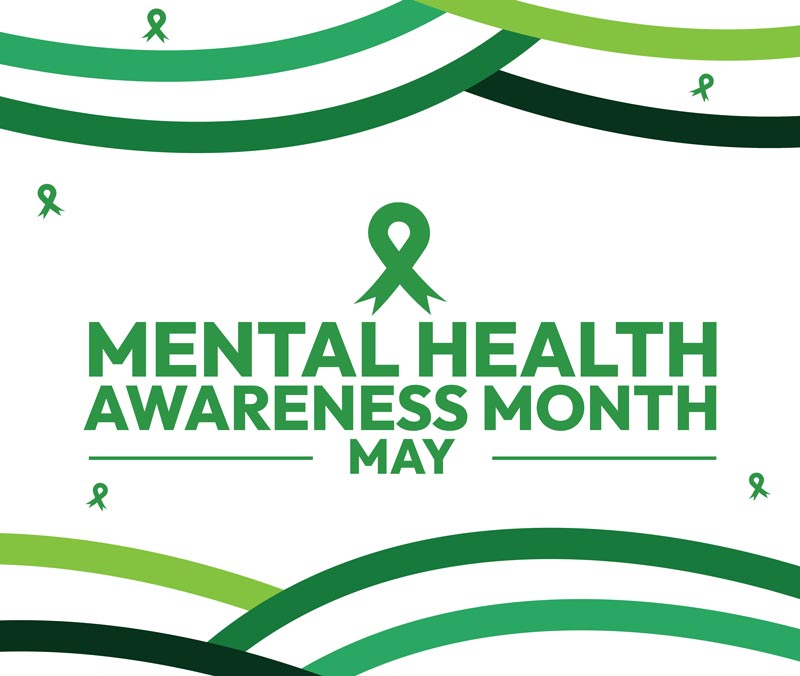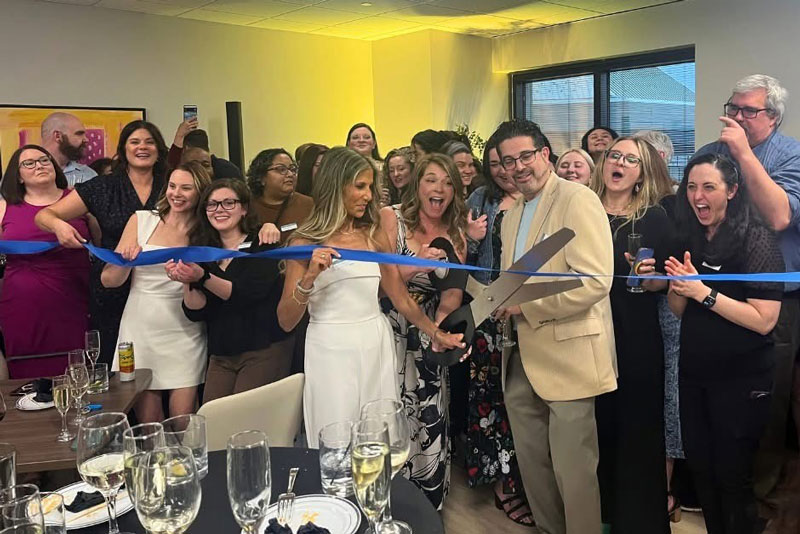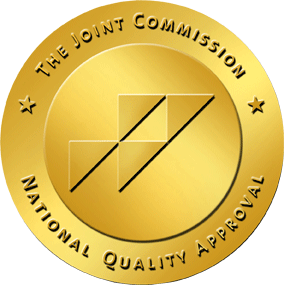My best friend often jokes that my Instagram handle should be @ifeelbad. I say, “I feel bad” no less than ten times each day. “I feel bad that I didn’t put away my laptop when my daughter was telling me about her day at school, I feel bad that this patient is suffering so much, I feel bad that my husband is cooking dinner for us after working a 12-hour day, I feel bad that my patient’s Mom is having to worry so much about her adult daughter…” And the list goes on and on. “I feel bad” about macro and micro events and issues – anything is fair game. I used to think that this “responsibility song” constantly playing in my head was an occupational hazard, a byproduct of caring about people, and a societal norm expected of mothers. I just assumed that the guilt of “feeling bad” was something I had to get used to and live with.
My perspective shifted when I heard the same “responsibility song” come from another provider. I cringed listening to her describe her guilt after working hard and, in her mind, “failing” a patient. It was when I heard how much needless suffering this was causing someone else that I decided to challenge that familiar refrain for me.
I was hired as a consultant by a patient and their family to help with finding a residential treatment placement for a patient struggling with an eating disorder. In doing my usual preparation work, I worked closely with the existing treatment team. I work collaboratively with many other providers as part of my clinical and consulting work – that in and of itself was not unusual. What stood out to me, however, was how much they seemed to genuinely care about the patient and the patient’s family. This treatment team had also worked tirelessly – trying every intervention that they could conceivably do at an outpatient level of care before making the decision to recommend residential treatment. They were incredibly responsive, and often spent hours on the phone or Zoom calls with me. They also provided information that was invaluable to me – information that ultimately led to a successful treatment placement and a satisfied patient and family.
Despite doing everything that they could, the dietitian on the team let me hear their “responsibility song.” She said, “Tell me the truth, professional to professional, what more could I have done? How else could I have helped? I can’t help but feel that I failed them. I feel that I am at fault for them not doing better.” As I thought about my answer, I thought of two things. First, I thought of how many times I had asked myself the same questions with regards to a case or a difficult situation at work. Second, I thought how often this comes up for me in my personal life, too – the familiar refrain of “I feel bad” coupled with the sure guilt trigger of “I feel bad, what more can I do?”- ostensibly wanting to work “harder” to decrease my “feeling bad.”
What helps me take active steps to work through my “I feel bad” refrain is a concept that also helps so many of my patients. “Levels of responsibility” is a concept taken from Cognitive Processing Therapy or CPT (Resick, Monson, & Chard, 2017.) The gist of it is this – there is a difference between “natural” and “manufactured” emotions. Natural emotions are hard-wired, automatic and biologically driven emotions. For example, it is “natural” to feel fear when you are walking alone in the dark and hear a noise behind you. Manufactured emotions are emotions that are driven by our way of thinking or our view of ourself, others, and/or the world around us. For instance, it is natural to feel sadness around the fact that you do not have a close relationship with a sibling. It might be “manufactured” to feel anger at your estranged sibling because you think that “siblings SHOULD be close no matter what,” and/or “I feel as if other people will take advantage of you if you let them; thus, that must be true.”
CPT distinguishes between “levels of responsibility” as follows:
- The unforeseeable – there is no way to predict that this outcome/situation/event would happen which can lead to natural emotions of grief and sadness.
- Responsibility – you play a role in the event but do not intend the outcome leading to a natural emotion of regret.
- Fault/Blame: you intended harm or intended the outcome that you got which can lead to a natural emotion of guilt.
In order to challenge my guilt on a day-to-day basis, I ask myself these questions in order to appropriately determine my own level of responsibility in a certain situation. Let’s look at it from this dietitian’s perspective:
Did she predict that her patient would get worse? No.
Did she play a role in the treatment? Yes.
Did she intend harm? No.
She did the best that she knew how for this patient, and, at the end of the day, that is the best that any provider or person can do. After being trained in CPT and practicing this type of therapy as often as I do, I now actively use this concept to challenge my own guilt. Asking myself – “Did you intend this outcome? Did you intend harm to this person? What role did you play in this situation?”
And, of course, always asking myself at the end – “What will I accept responsibility for?” And, typically, the emotion that arises is not guilt but regret or sadness.
This is not to imply that guilt is a “bad” or “unproductive” emotion. Guilt can be useful as it helps us to maintain relationships and focus on the feelings of others. However, I have found that changing my “responsibility song” has helped me let go of guilt that is not serving me well. In addition, this subtle shift in thinking has enhanced my acceptance of the limits of my control and allowed me to increase my tolerance for regret. Yes, I played a role in the event. No, I did not intend the outcome. In fact, many times, I did not even FORESEE the outcome. And, thus, I can let it go having learned from the experience vs. “feeling bad” about it.
Resick, P.A., Monson, C.M., & Chard, K.M. (2017) Cognitive Processing Therapy for PTSD: A Comprehensive Manual. The Guilford Press




